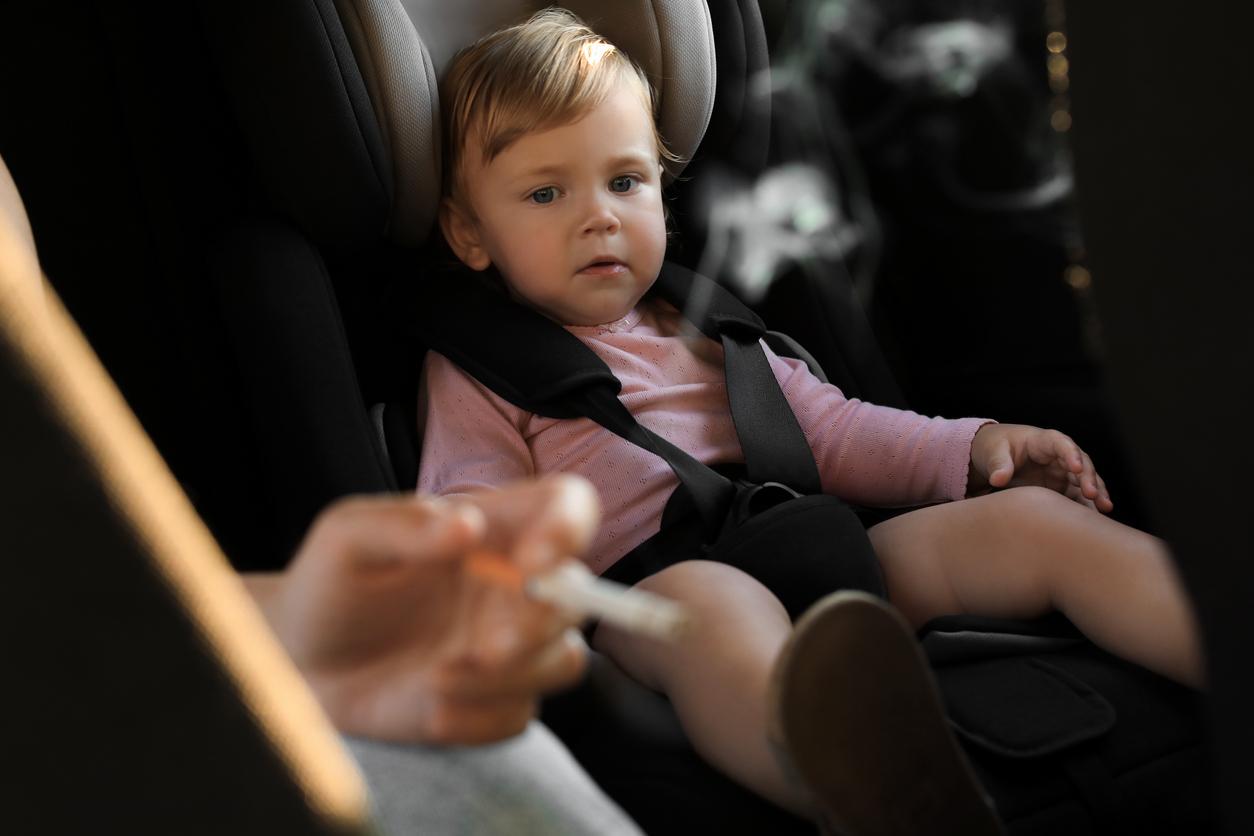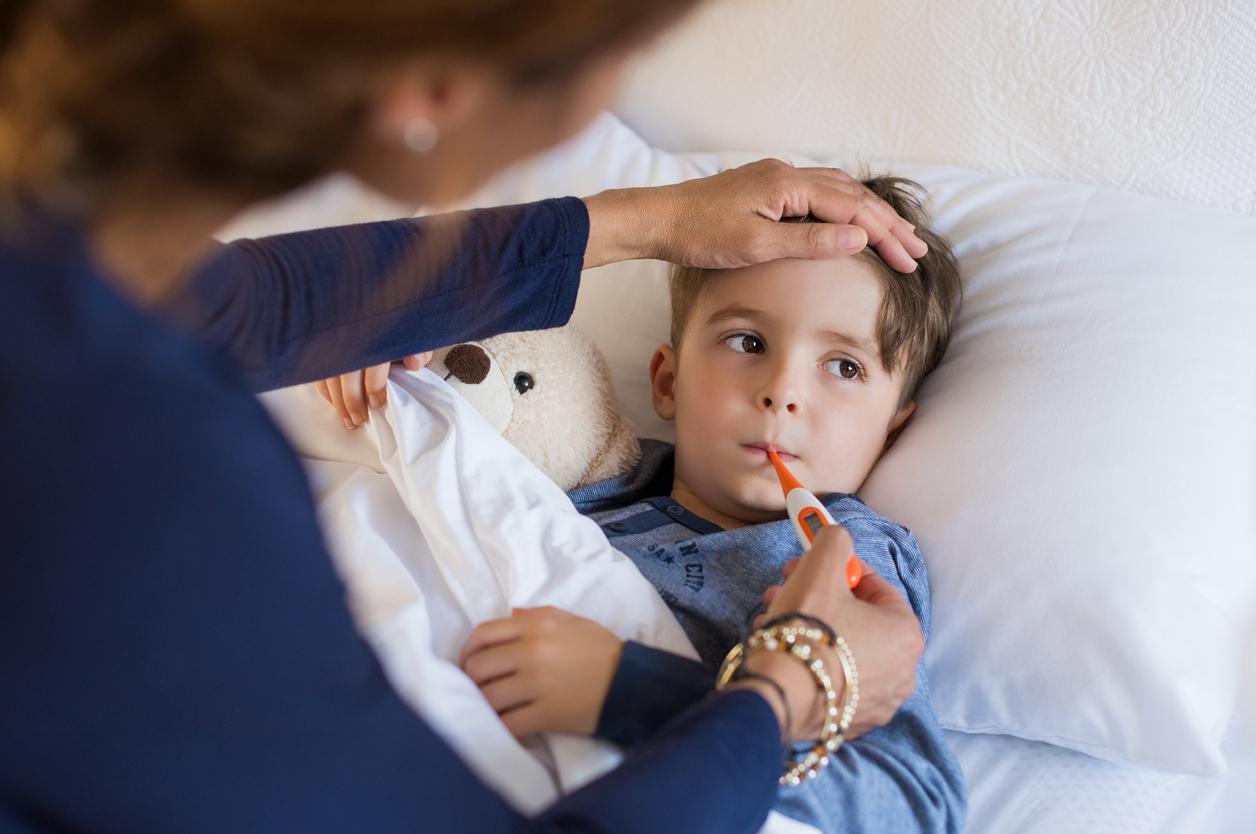While antibiotic prescriptions had been falling steadily for 10 years, Public health France alert on a further increase, especially among children 0-4 years old. Result of the abandonment of barrier gestures against Covid-19 and the return of winter infections (bronchiolitis, flu, angina), this increase in the number of prescriptions worries health specialists.
In 2021, 700 prescriptions per 1,000 inhabitants have been recorded. Hence the launch of a new campaign by Insurance and Public Health France and a new slogan: “antibiotics, good treatment, it is first of all to use them well“. A motto that is reminiscent of that launched by Social Security in 2009: “Antibiotics are not automatic“. If the rhyme has disappeared, the message is still the same.
Indeed, taking too many antibiotics is not without health risks. “We have to be careful what we do. These therapeutic weapons have collateral effects“, indicates Dr. Christophe Batard, pediatrician, at Parisian. Indeed, initially, each antibiotic intake has the effect of destroying the sensitive cells. However, some may become resistant to treatment and proliferate more easily. “If you take it too regularly, you end up with infections that are much more difficult to treat.“, adds infectious disease specialist Pierre Tattevin.
Still too many misconceptions around antibiotics
According to the Public Health France report, 77% of French people questioned believe that antibiotics are effective against acute bronchitis, 65% against bronchiolitis and 53% against the flu. But be careful, the antibiotics fight bacteria, not viruses. “There is still this very strong belief that they bring down any fever,” regrets Anne Berger-Carbonne, microbiologist at SPF, interviewed by Le Parisien.
“In fact, 99% of bronchitis and nasopharyngitis are viral. For angina in children, this is the case 7 times out of 10″, explains the pediatrician. Currently, tests exist in order to discover the origin of angina but “only 30% of doctors use them. They feel like it takes time and prefer to do what they want.”.
The pressure emanating from the patients can also push the doctor to this prescription: “44% of French people even consider that it is better to take it when you are sick to return to work quickly“, says Dr. Berger-Carbonne. Result? Doctors can prescribe them too systematically, especially to fragile patients when they have a doubt about the origin of the infection, out of fear.
What are the risks of too recurrent use?
In addition to resistance to treatment, taking antibiotics too regularly can modify the microbiota and destroy much of the flora, resulting in chronic diseases.
In some cases, patients may face a therapeutic impasse. “This is how a germ responsible for a recurrent urinary tract infection in a woman will become resistant to the antibiotics she has taken. We are then forced to use more powerful treatments, or even to administer it by infusion in the hospital. The support is then much heavier“, details Anne Berger-Carbonne.
To limit the risks, it is necessary to follow the dosage to the letter, in particular the prescription period, and to return the remaining tablets to the pharmacy once the treatment period has ended. Beware of self-medication: even in the event of new identical symptoms, never reuse your treatment.
Sources:
- France still consumes too many antibiotics, Public Health France, November 2, 2022
- Too many antibiotics are prescribed to children: the warning from Public Health France, The ParisianNovember 2, 2022
- Interview: “People mistakenly believe that they cure everything”, The ParisianNovember 2, 2022


















